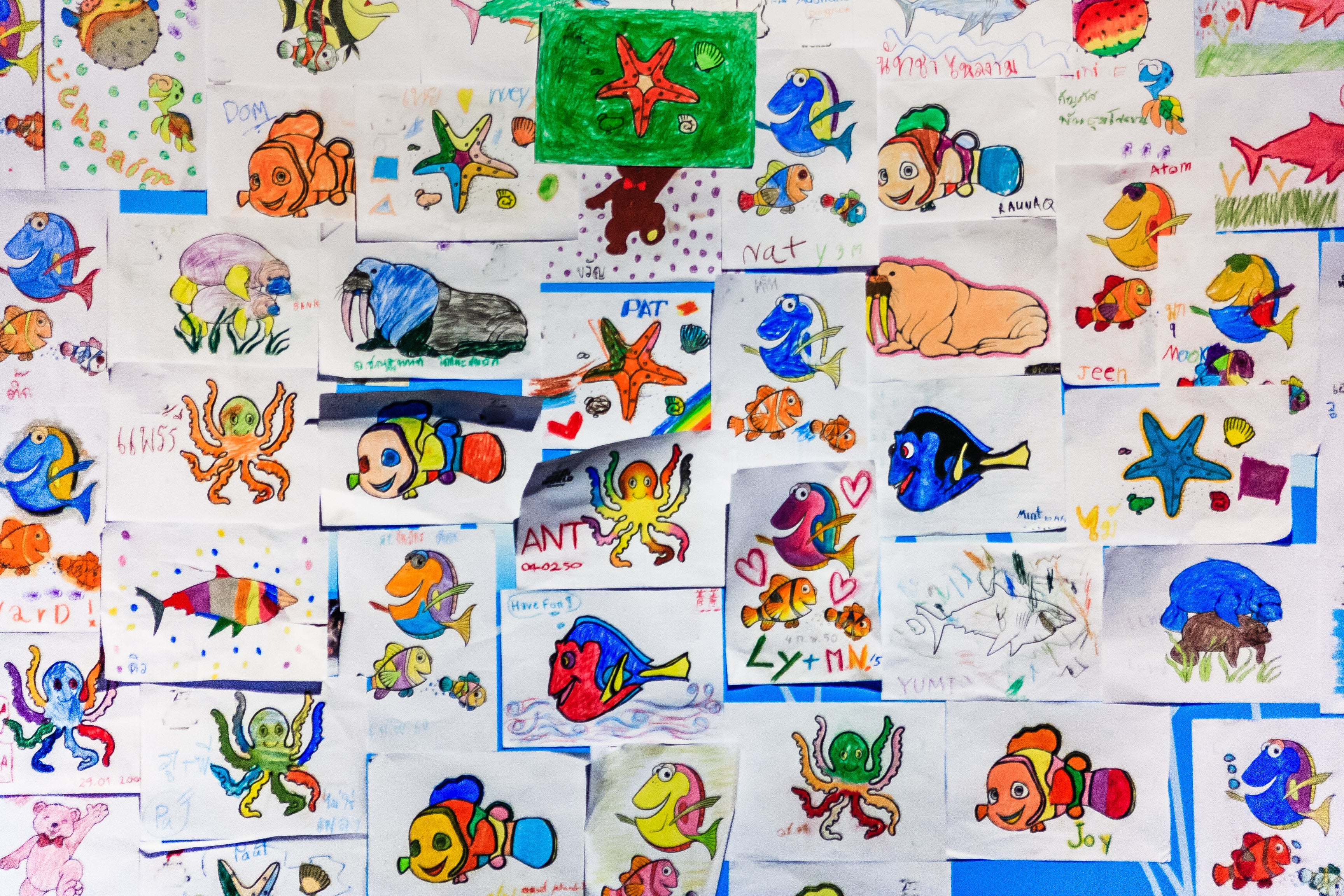Blog — Stand Up and Draw Sidewalk Chalk

Our Favorite Outdoor Summer Toys
Our Favorite Outdoor Toys- Chalk, Scooters, Bubbles and More!
What’s the Trick to Keeping Kids Entertained at Home?
(Welcome! Here is a GUEST Blog post by our good friends at Wise Marketing, enjoy!)
Think you’ve got a bad case of cabin fever? Your children are likely feeling it too.
With schools being shuttered, classes moving to an online space, and a cloud of general misery hanging over our heads because of the pandemic, it’s no surprise that some of our kids are acting out.
This is normal; the coronavirus has deprived them of the chance to meet with their friends and enjoy their youth. But it’s our job to help our kids cope with their emotions in a way that’s healthy, and not destructive.
Unfortunately, most parents nowadays might turn to smartphones to pacify their children. We understand the appeal - the phone keeps them occupied, freeing you up to work or do household chores. However, too much time indoors poses a problem. It’s even prevalent enough to be called a disorder – more precisely, nature deficit disorder.
The symptoms probably sound familiar to you by now, and can include increased stress, crankiness and anxiety due to a severe lack of exposure to outdoor spaces.
With that said, how are we supposed to keep our children entertained at home without excessively relying on gadgets?
We can take a cue from people running daycare businesses from their homes. Home-based daycare providers have developed detailed curricula, and invested in toys, arts and crafts, and educational materials all aimed at helping children make the most out of playtime. These have helped the industry develop into a $27-billion market, but that doesn't mean having to spend a fortune just to give the same experience to your kids. Here are a few of their tried and tested activities you could do at home:
Try sidewalk chalk games
At home doesn’t necessarily mean indoors.
Step outside onto your driveway or sidewalk to do these activities. All you’ll need are some colorful pieces of chalk and, of course, your face masks to keep you safe.
There are tons of games you could play with just chalk and an open stretch of pavement. Try some sidewalk twister, tic-tac-toe or Pictionary. For more of a brainteaser, you could even try classic hopscotch, with a few math equations thrown into the mix.
Establish a daily routine
The pandemic has disrupted everyone’s lives, but it has perhaps placed a heavier burden on parents whose kids have special needs.
If you're taking care of a child who requires special care, one thing you can do to alleviate the stress is to establish a regular timetable for activities.
Set specific times to eat breakfast, take a bath, do some schoolwork, and enjoy some leisure time. According to experts, repetition and routine offer comfort and help stabilize most kids with learning disabilities.
This is only a palliative solution, however. Careful coordination among parents, special care providers, and concerned agencies is required to address the children's needs and ensure their well-being in the long run.
Go backyard camping
We’ve already mentioned how important it is for children to connect with nature and the outdoors. What better way to do that than to go camping in your own backyard?
You’ll need some sleeping bags, a pop-up tent, and some blankets to start. Once your camping site has been set up, you could hold a scavenger hunt, and even tell spooky stories while eating s’mores over a campfire if your backyard has the space for it!
Create artwork
Making art is a great way to channel boredom and frustration, and it also helps nurture your children's creativity. Additionally, it can also serve as an avenue for you to learn how they're making sense of the pandemic and their current reality.
For this, you will need some coloring materials and paper. When the kids are done with their art, you can place their masterpieces on the refrigerator door, or even hang them on a cable on your fence to make a makeshift art gallery for your neighbors to see.
There are countless more ways to keep your kids busy at home, and we hope you enjoyed our above suggestions. If you think we missed any fun activities, let us know through our social media!

10 Warm Weather Play Ideas with Chalk
As soon as the weather warms, kids are automatically geared for getting outside and letting loose of the winter blues. Chalk is an affordable, colorful, and magical tool of creativity for kids to use when playing outdoors is a priority. A child’s imagination is truly the limit when chalk is involved!
